

Critical to the success of user-centred design in enterprise orgs is strategy and the development of a design organization.
A well-defined design strategy should outline the goals and objectives of the design process, as well as the processes and tools used to achieve them. To execute on strategy, businesses should invest in developing a capable design org, which includes hiring & training design talent, as well as equipping them with the resources and support they need to succeed.
How I can help you
By leading and improving design processes, hiring the right talent or upskilling existing talent in user-centred design and research, I can help you achieve:

Better products and happier customers
By conducting user research and applying strong design principles, teams can tailor products to the needs of their target audience. Intuitive, easy-to-use products increase customer satisfaction, loyalty and can even save money.
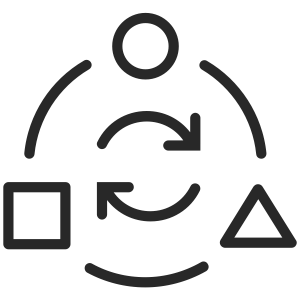
Shorter time-to-market
By gathering user feedback early in the development process, teams can identify risk and product issues before they become too costly to fix (in time and/or money). Thus shortening development time to bring the product to market faster.

Competitive advantage
User-friendly, well-designed products and services can be a competitive advantage in a crowded marketplace, helping companies secure a bigger market share and higher revenue.

Product/market fit
User-centered design methods shorten the time to value and monetization by helping teams create a product that meets the real needs of their target audience. Knowing what potential customers need—and most importantly—what they value is key to monetizing new products successfully.
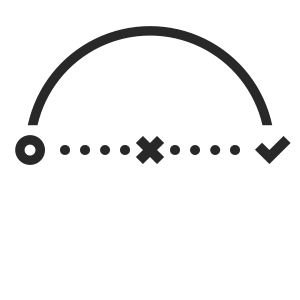
Lower risk of product failure
By involving their target audience in the design process for a new product, teams reduce the risk of developing a product that people don’t need—or don’t want to pay for. Discovery activities conducted once can fuel multiple iterations to continue improving a product.
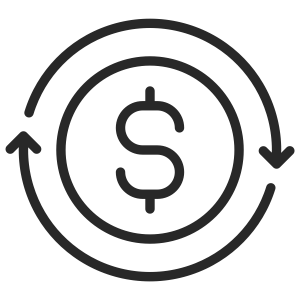
Funding and investment
Private and institutional investors look to fund teams who know their customer deeply. They know such teams tend to be more successful. So commitment to design principles can help secure funding by demonstrating a team’s commitment to creating successful products.
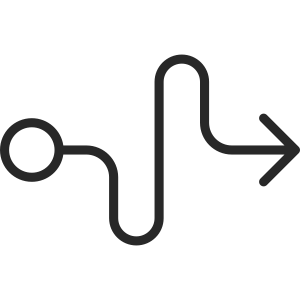
Adaptability to market changes
By involving their customer in the design process continuously, teams are better able to adapt to changing customer needs and wider market conditions. This can help products and companies remain relevant and competitive in the long term.
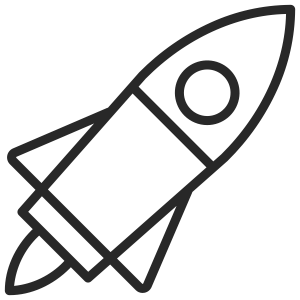
Long-term success and growth
By prioritizing the user experience and customer satisfaction, a startup can build a loyal customer base and create a sustainable, successful business. This can set the stage for long-term growth and expansion.

Happy and high-performing teams
By establishing a shared understanding of desired results, opportunities, and user insights the multidisciplinary teams work hand in hand. They learn continuously and recover quickly.
Let’s work together
I have worked with and in established and enterprise orgs, including civil service, as a consultant and design leader. No matter the industry—from commerce and transport to lottery and oil & gas—I’ve helped big businesses develop capable design teams and deliver award-winning products.
Examples of engagement include:
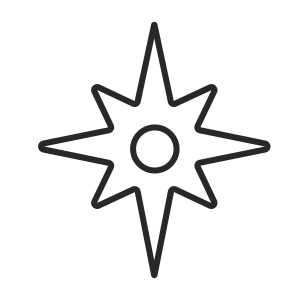
Design leadership, and development of design teams & orgs

End-to-end research and design consultancy, with activities
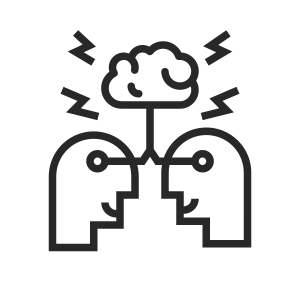
Discovery, design thinking, futures thinking, and design sprint workshops

Design ops, design maturity, standards, and product and research practice ways of working development
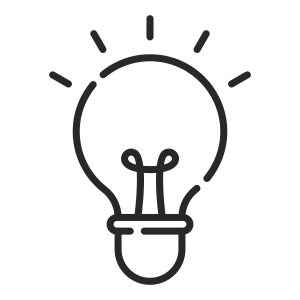
On-going advisory sessions for teams or individuals

Many other ways I can help you succeed through practical user-centred design
